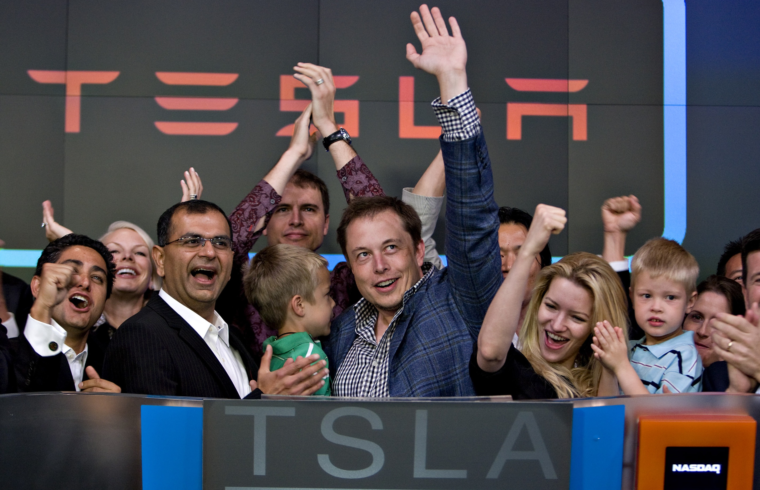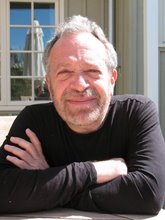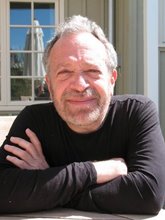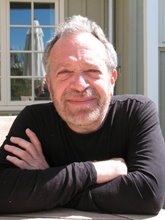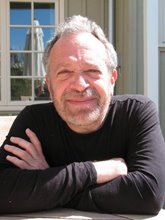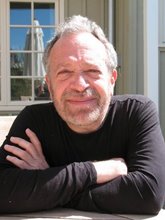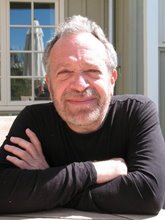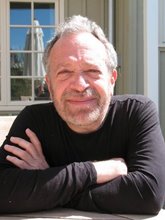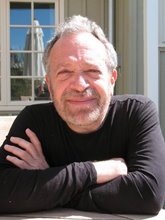Elon Musk and Deepak Ahuja, second left, in June 2010. Photographer: Daniel Acker/Bloomberg
Photographer: Daniel Acker/Bloomberg
Elon Musk appeared to be putting the days of wildly optimistic goals and unpredictability in the rearview mirror. Then he spooked
Tesla Inc. investors with another surprise executive exit.
The chief executive officer vowed on an earnings call to cut costs and manage Tesla’s cash as it enters a slower-growth period. Instead of madcap Musk, investors heard from a more measured CEO who had just missed analysts’ estimates for quarterly profit. He even made multiple mentions of the possibility there could be a recession.
But after all the talk of tougher times and tightening the wallet, Musk’s penchant for blindsiding shareholders reemerged. With mere minutes left on the call, he revealed Chief Financial Officer Deepak Ahuja will retire a second time, reinforcing Tesla’s reputation for having an active revolving door of top executives.
“The CFO’s surprise retirement just adds to a wave” of recent departures, said Michael Dean, an analyst with Bloomberg Intelligence.
Read: Meet Tesla’s McKinsey-Groomed, Newly Minted Millennial CFO
There were plenty of reasons to suspect Musk would be more reined-in from now on. In addition to Tesla facing a “
very difficult” road ahead, as he put it earlier this month, the CEO is coming off a sometimes painful 2018. A run-in with the Securities and Exchange Commission over a botched effort to take the company private cost him the chairman role. Tesla also brought in a new general counsel and was ordered to step up oversight.
Tesla shares extended losses after Musk announced Ahuja’s impending exit. The stock was down 4.5 percent to $295.01 early Thursday in New York. It had declined 7.2 percent this year through Wednesday’s close.
A sequential drop in earnings before interest and taxes, underwhelming Model 3 production and a looming $920 million bond repayment due in March also weighed on investors, Dean said. “Tesla’s effective premium monopoly is also over with competition coming through in 2019 from Porsche, Audi and Mercedes.”
The company’s new CFO will be Zach Kirkhorn, who’s been vice president of finance.
What Bloomberg Intelligence SaysEven as Tesla’s total production rate surpassed 6,000 units a week in each of the final two quarters of 2018, the earnings sustainability is tenuous as demand concerns underscore the likelihood that a profitable $35,000 Model 3 is not imminent. –Kevin Tynan, North American autos analyst |
Tesla’s adjusted net income was $1.93 a share for the fourth quarter, trailing analysts’ average estimate for $2.10 a share. Earnings are coming under pressure as the company introduces cheaper versions of the Model 3 sedan to keep sales growing.
After total deliveries more than tripled last year, Tesla is projecting an increase of as much as 65 percent in 2019. Within that forecast, it’s expecting to hand over fewer Model S sedans and Model X crossovers to customers than it did in 2018.
As Tesla takes the Model 3 global, it’s warning that North American deliveries of the crucial sedan may decrease this quarter from the last three months of 2018. Production of cars destined
for Europe and
China began this month.
Ramping Up
Musk predicts that adding the cheaper Model 3 will boost sales this year
Source: Company statements

The restructuring Musk announced Jan. 18 will trim about $400 million in costs annually, a key driver behind his bet that Tesla can stay profitable on a GAAP basis every quarter after the three months ending in March.
Free cash flow was about $910 million in the fourth quarter, up from $881 million in the previous three months. With Tesla now
past a period of production hell, its balance sheet is looking healthier. It now has about $3.7 billion in cash and equivalents. That’s sufficient to “comfortably” pay off a
$920 million convertible bond that matures in March, Musk and Ahuja wrote in a letter to investors.
“Tesla is transitioning from a manufacturer rapidly scaling production to meet high demand to one focused on achieving sustainable profitability and free cash flow generation,” Derek Glynn, an analyst at Consumer Edge Research, wrote in a report to clients.
— With assistance by David Welch, Brian Eckhouse, Alexandra Semenova, Tom Randall, and Molly Smith
(Updates with analyst’s comment in fourth paragraph, early U.S. trading.)

